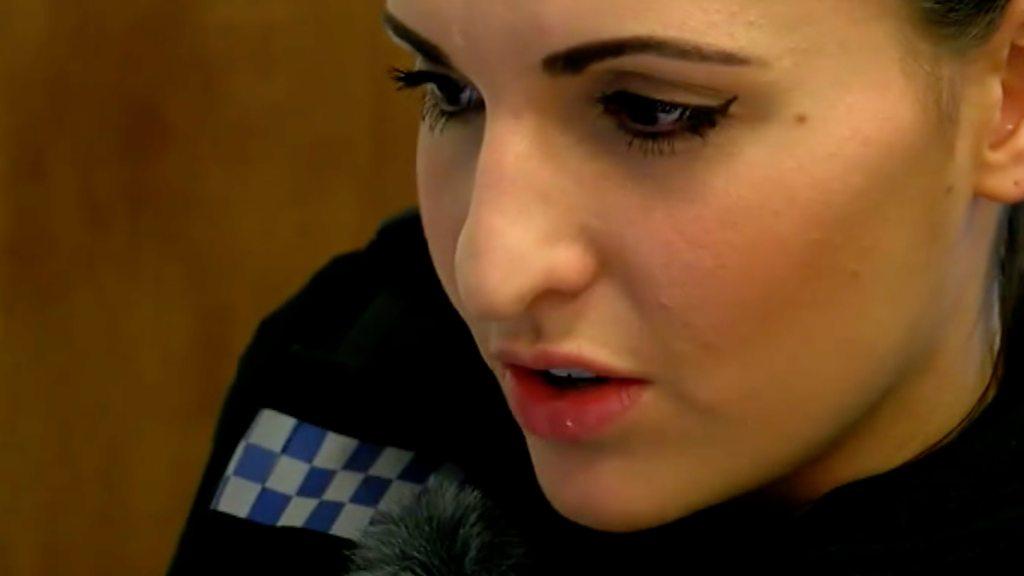Police 'dealing with more mental health incidents'
- Published
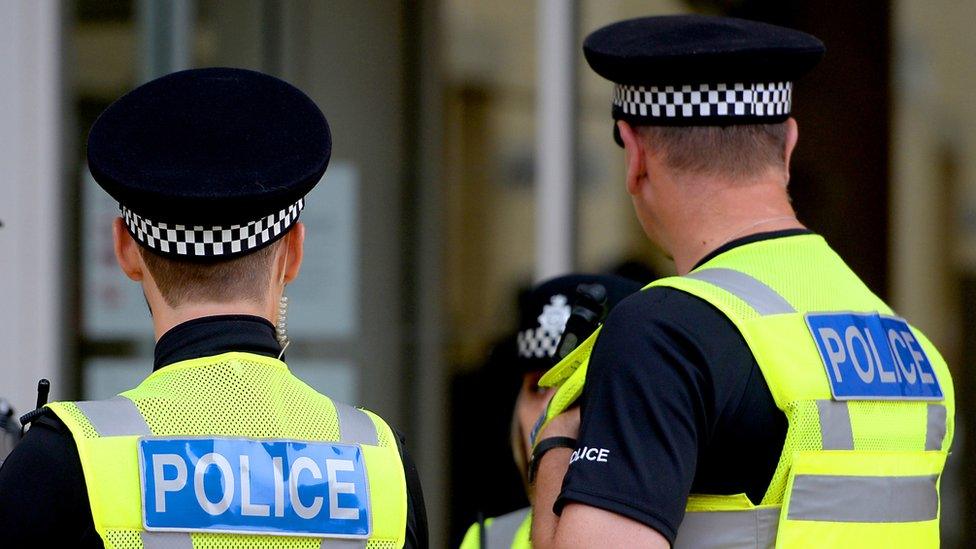
The number of mental health incidents dealt with by police has risen by more than a quarter in four years, figures obtained by BBC Radio 5 Live show.
While there were 385,206 incidents flagged as mental health-related in 2014, in 2018 that figure was 494,159, a rise of 28%.
Police chiefs have said the issue is affecting the amount of time officers can focus on fighting crime.
The Home Office said it is working to "relieve the burden on officers".
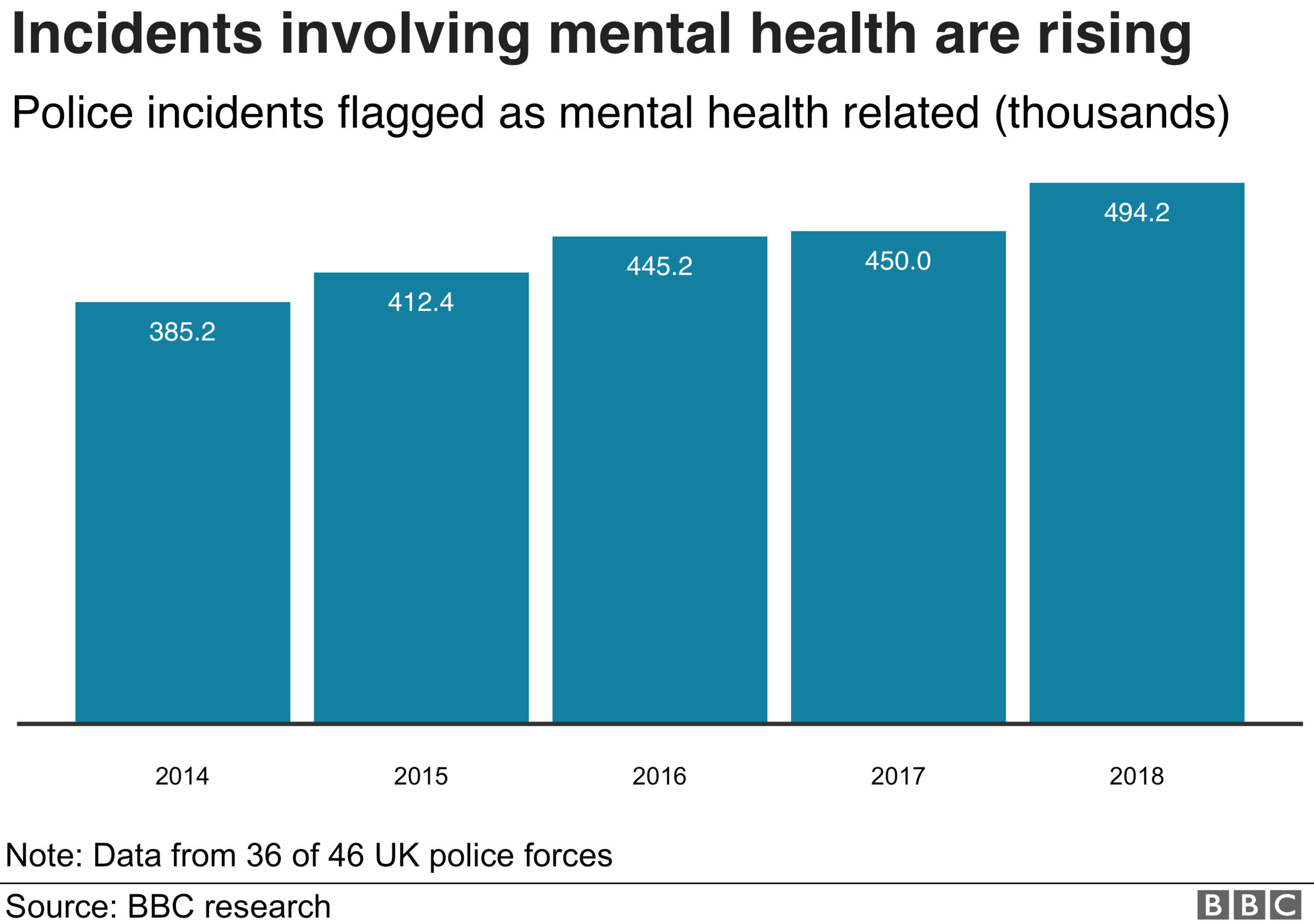
Thirty-six out of 46 police forces around the UK provided the figures for 5 Live's Freedom of Information request.
A police incident could be classed as mental health related for a range of reasons, for example responding to someone in mental health crisis or a suspect with a mental health problem.
Chief Constable Mark Collins, who is the lead for mental health and policing at the National Police Chiefs Council, told 5 Live: "Police are not dealing with crime and investigations when called out to mental health incidents.
"The public would rather we spent our time on crime. If there is a crisis in the community it should be dealt with by NHS specialist staff and not the police."
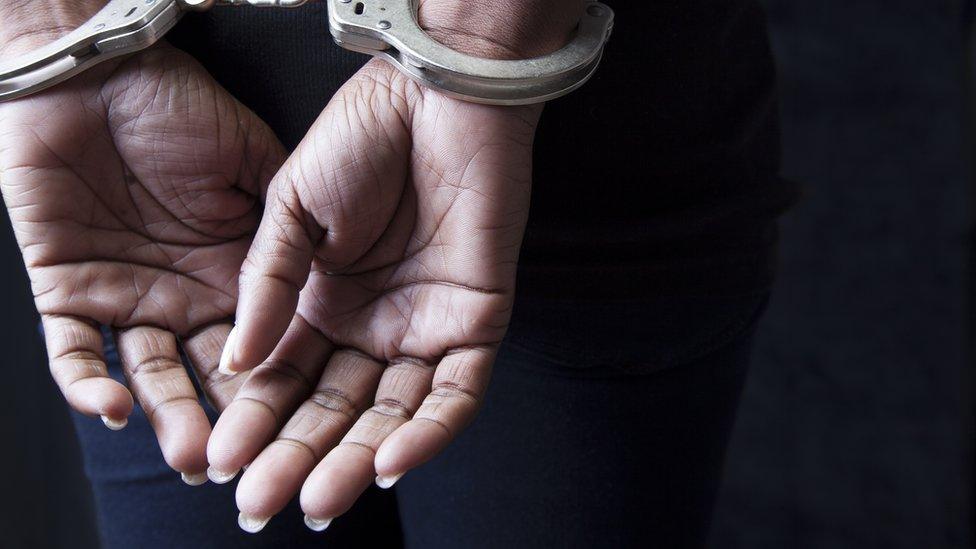
In 2018 there were 494,159 incidents flagged as mental health related - an average of 56 incidents per hour.
'I ended up being arrested'
Emma - not her real name - is 39 and has a long-term and severe mental health condition.
She told 5 Live that when she could not get the right help "the police were the only ones who couldn't say no".
On one occasion Emma was unconscious and was found by a police helicopter.
"The police saved my life when I was unwell... and I wouldn't be here if wasn't for the work police do in mental health," she said.
However Emma claims it can also be harmful when the police are involved.
"I became so unwell I was taken to hospital a lot by police," she said.
"I ended up being arrested and put in a cell for my own safety, which had a massive personal and professional impact on me as I was prosecuted on one occasion. "


The findings from the 5 Live research are a cause for alarm, echoing a warning from the Inspectorate of Constabulary that the police service has been "left to pick up the pieces" of a "broken" mental health system.
In November 2018, the watchdog said it had "grave concerns" about the extent to which officers were involved in mental health call-outs pointing out they often lacked the skills needed to deal with such complex issues.
The effect is that people in crisis don't always get the right help, while dealing with such troubled individuals can take a heavy emotional toll on police themselves.
Some of the increase in mental health incidents is because there's greater awareness and better reporting; but it is also likely to be due to the growing reliance on police as the service of "last resort" amid cutbacks elsewhere - the service that can't say "no" when there's an emergency.

In response to the increasing demand, around 20 areas of the UK have mental health street triage vehicles, which are sent out by police in partnership with the NHS.
The triage service is designed to deliver fast and efficient access to care and avoid unnecessary police detention for people in a mental health crisis. Officers are joined by an NHS mental health practitioner and are prioritised to respond to calls relating to mental health.
BBC Radio 5 Live spent a Wednesday shift with Essex Police's Mental Health Street Triage Team. It dealt with 2,374 incidents in the year from 2018 to 2019.
In one day the team forcibly took five people to hospital under Section 136 of the Mental Health Act.
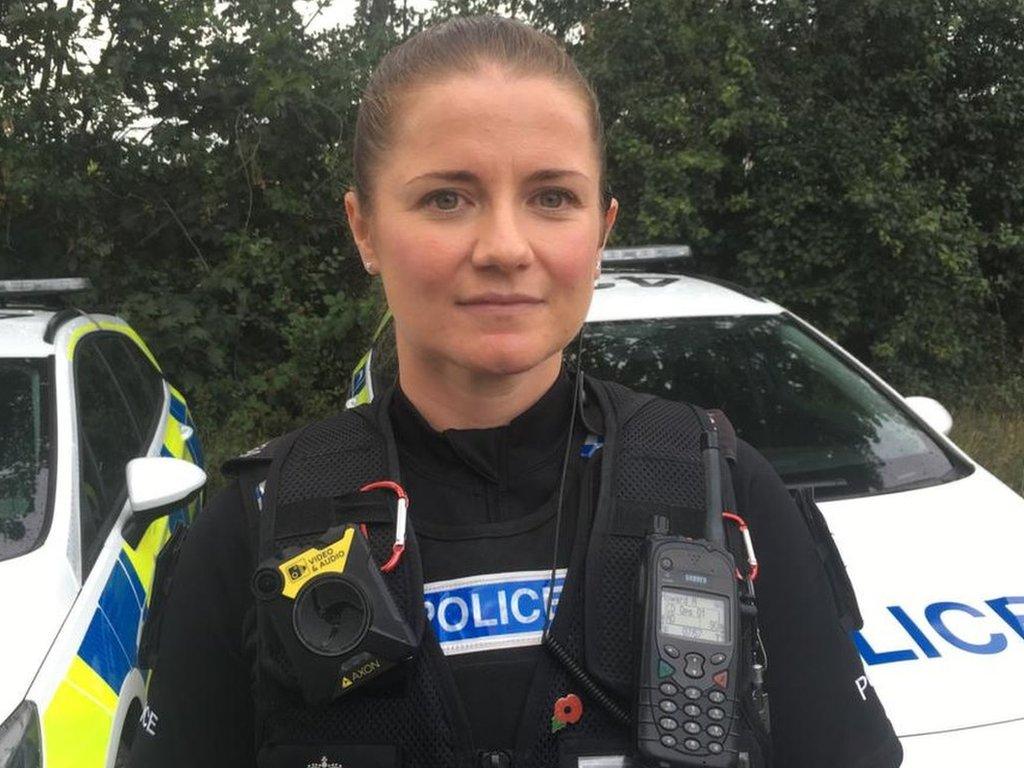
PC Amy Howard is part of Essex Police Mental Health Street Triage team
"It's all piling up," PC Amy Howard said.
"The incidents that have our mental health tag on at the moment, we're up to 10... we have to prioritise which one to go to. The priority will be anyone out in the street in public.
"We've currently got a young female out in the street at the moment causing a bit of a disturbance.
"We've been called because of the way she is presenting herself to officers. They're obviously concerned she has mental health issues.
"It has turned out she has been arrested now for possible police assault so we won't get involved in that now because she will go into custody.
"For someone so young it's quite sad really. Once she is in custody she'll see the mental health team there so she will still get the same support."
A government spokesperson said: "We know the police are dealing with a high number of mental health incidents, so we are working with them and our health and social care partners to relieve the burden on officers and ensure people in a mental health crisis receive the support they need.
"The government has announced an additional £2.3bn to enhance mental health services by 2023/24, providing the healthcare services to relieve the pressure on police.
"We are moving at pace to deliver our commitment to recruit 20,000 new police officers over the next three years."
If you need support with mental health, help and support is available from BBC Action Line.
BBC Radio 5 Live for more coverage of this story from 06:00 BST on Monday 2 September. Click here to listen on BBC Sounds,
- Published27 November 2018
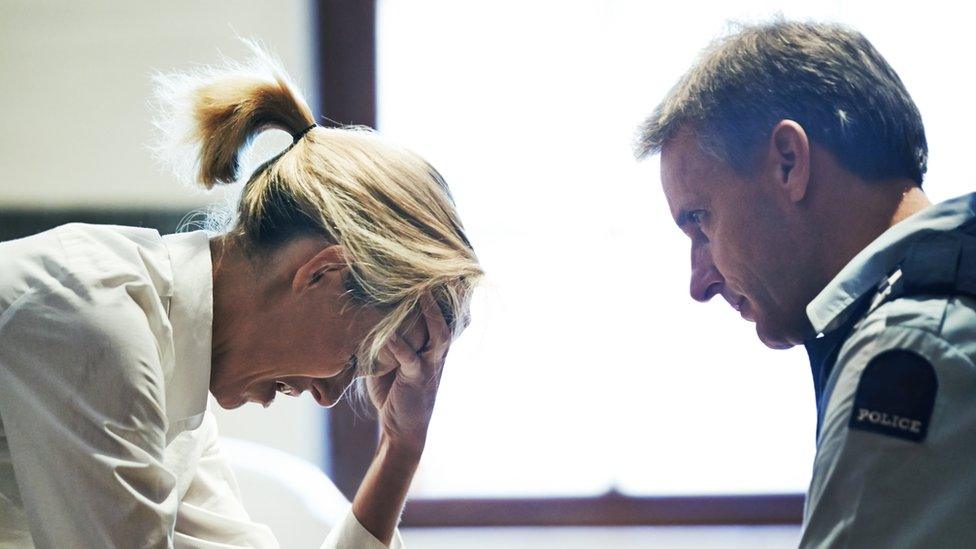
- Published16 April 2019
